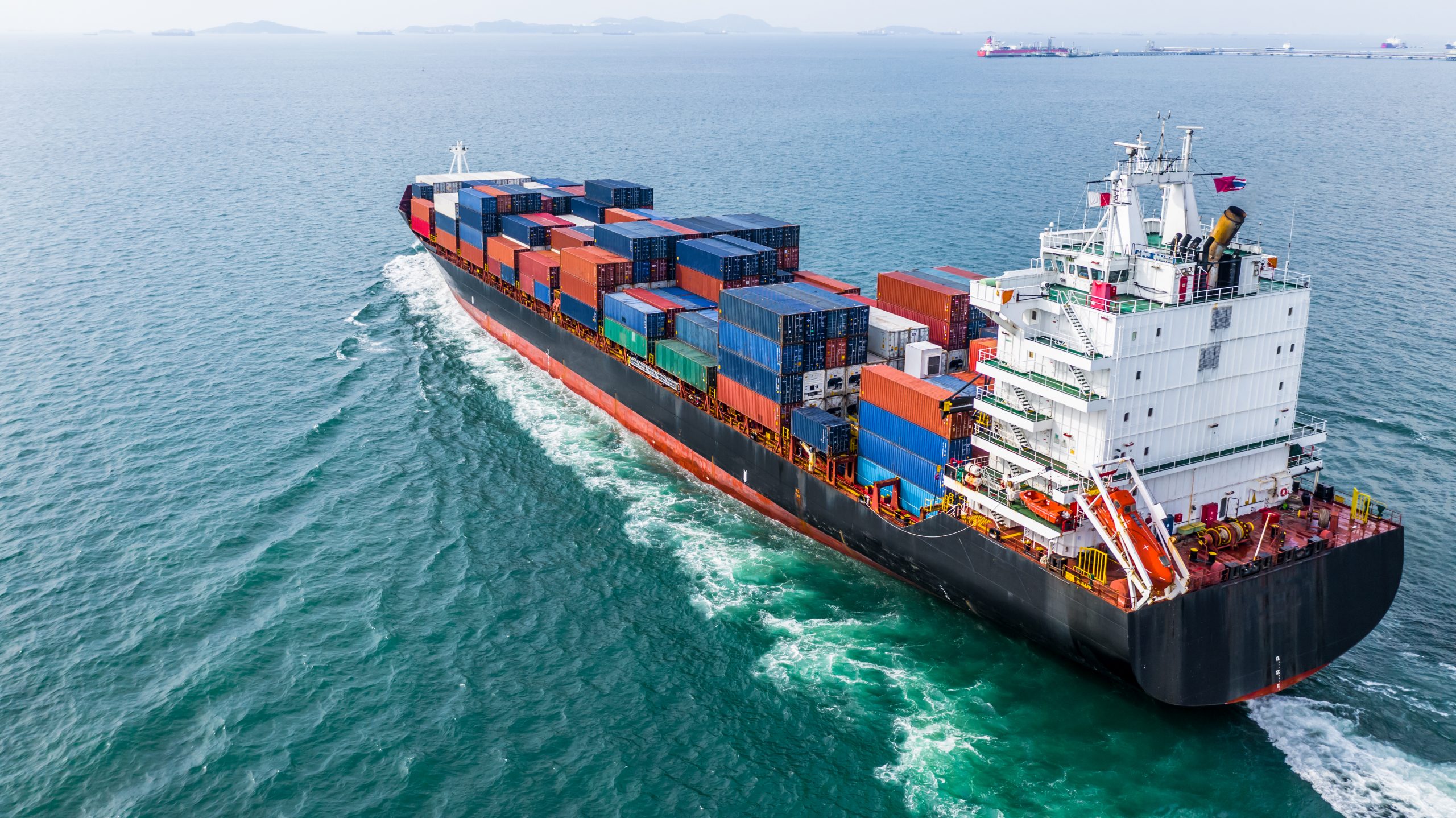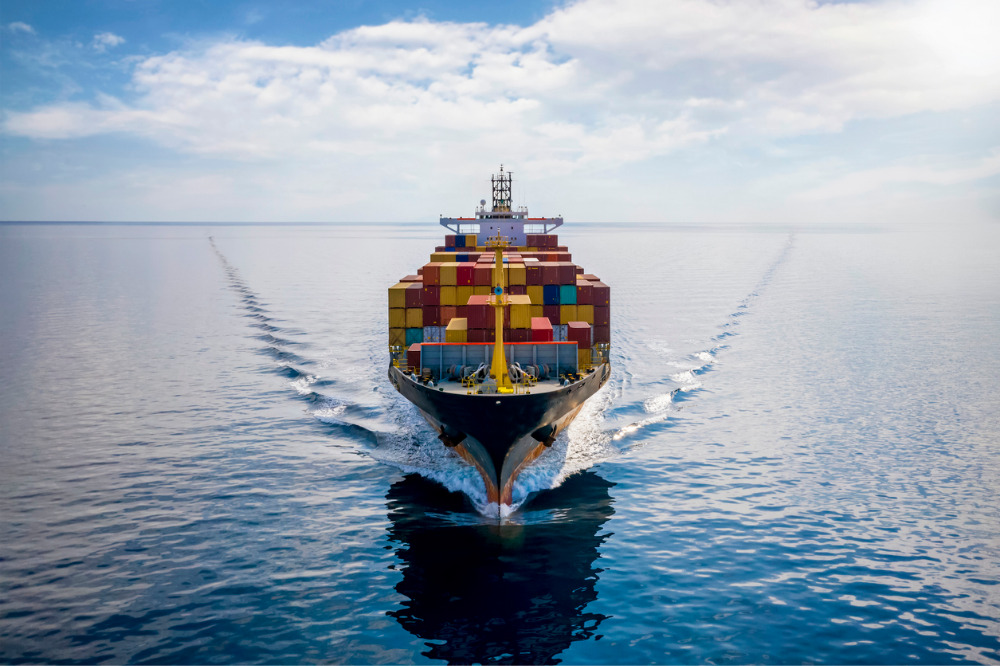The global Sea Cargo consists of the shipping of goods from one destination to another. This includes Bulk dry carriers, Container ships and more. However, there are some new environmental regulations affecting the industry.
If you've never been on a container ship, you might not realize how important they are to the global economy. They can move goods from one end of the world to the other in just a few days. When you think about how this type of transportation affects the economy, it's easy to see why the business is doing so well. One of the most important reasons for the boom is the growth of export-driven economies in Asia. In the last few years, the number of cargo containers shipped has gone up because of these markets. As container shipping companies got a bigger share of the market, ports all over the world started to upgrade their equipment and buildings to fit the bigger ships. So, there was more demand for transporting goods on global transport.

Bulk dry carriers are a major segment of the world's cargo carrying fleet. They transport a variety of non-liquid commodities such as iron ore, salt, coal, and grain. They operate on the Asian, European, and American west coasts, as well as in the Caribbean, Mediterranean, and Black Sea.
The bulk carrier has a single deck design, with the engine room at the forward end of the cargo holds. This design allows the ship to carry coal and grain, as well as other dry cargo. There are three major types of ships: oil tankers, container ships, and bulk carriers. Each is different in size, cargo handling, and operational capabilities. Oil tankers are vessels that carry crude oil and refined petroleum products. They are equipped with large pumps, oil loading gear, and cranes. Typical speeds are about 13-17 knots. Unlike bulk carriers, they move less predictably between ports.

It brings together important maritime, energy, financial, and government players. The group intends to create a strategy for the transition to zero-emission shipping by 2050 in addition to identifying workable methods to lower carbon dioxide emissions. Decarbonization of the maritime sector is essential to a sustainable global supply chain. But each player needs to take initiative.

This new sea-air logistics link will help streamline the flow of goods. It will also boost worlds economic competitiveness. By creating a solid infrastructure, the corridor will attract higher levels of foreign investment.The initiative, launched by the Dubai Customs, is set to facilitate smooth and hassle-free movement of goods. It also has the potential to support the supply chain industry in the UAE. The virtual corridor, launched by the Dubai Customs, links the airports, the free zones, and the seaports of Dubai. This will create a more cost-efficient and time-saving process for the traders.
Matic Express was established in 2007 and the headquarters are located in Shenzhen China, Changsha Chaintech Supply Chian Management Co, Ltd is a subsidiary in Changsha China, our main service is air and sea shipping, express, railway, or truck shipping using DDP, DDU, FCL or LCL terms. We ship to Amazon warehouses and overseas warehouses.
Matic Express offers international freight service through sea, air freight and truck transportation. USA, Canada. France. Germany. Poland. Italy. Spain. Japan. New Zealand.
Matic Express offers door to door delivery, regardless of whether it is sea freight or railway express. We also provide truck shipping, DDP & DDU for the door to.
Matic express has its own warehouses that can store your goods Our warehouses are in Shenzhen, Yiwu, Ningbo, Shanghai, Guangzhou, Dalian, Chongqing, etc. We collect it all in the warehouse. You, your suppliers, or you can transport cargo to our warehouse. We offer services to you such as cargo inspections, stick labels, measuring size or weight and shipping.
The marine sector is considering new environmental restrictions for international sea cargo this year. As an illustration, the International Maritime Organization (IMO) has specified that by the year 2020, ships must keep the sulfur content of their fuel oil to a maximum of 0.5 percent by weight. The European Union will also start taxing ships in 2023 for carbon pollution. A global shipping emission inventory has been created as a result of a recent study by scientists from the Massachusetts Institute of Technology (MIT) and the Hong Kong University of Science and Technology. The study was funded by the MIT Joint Program on Science and Policy of Global Change. To calculate the consequences of various actions, researchers applied the data to an atmospheric chemistry and transport model. They discovered that a global price on greenhouse gas emissions had the biggest impact.